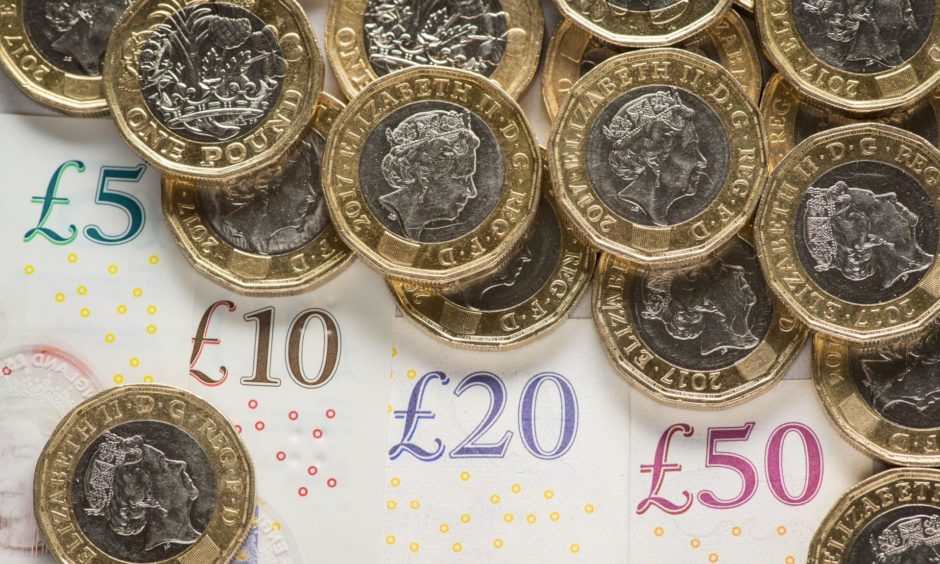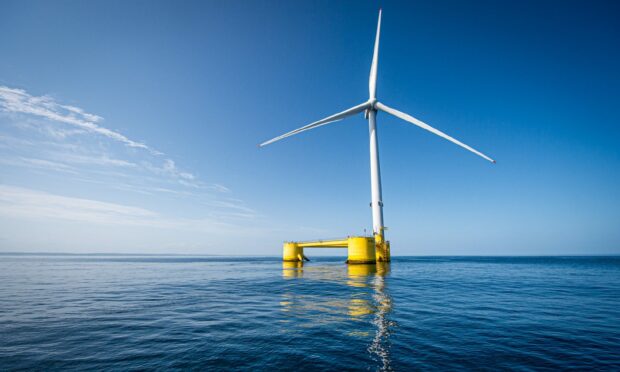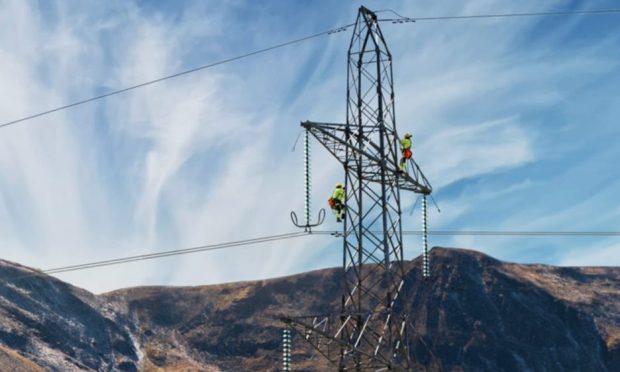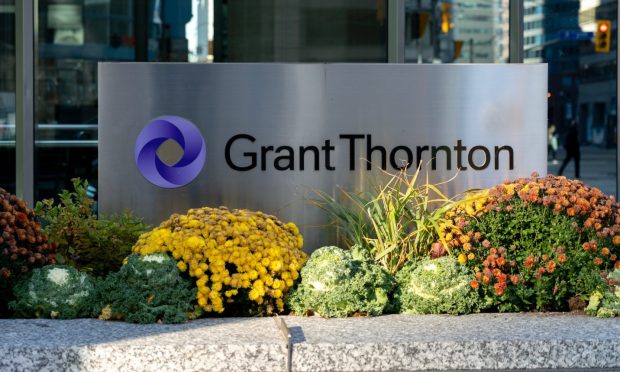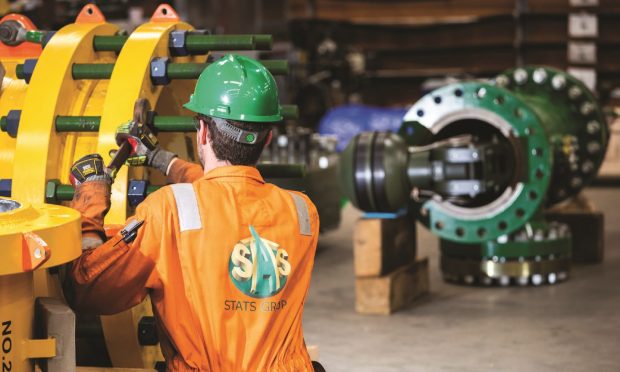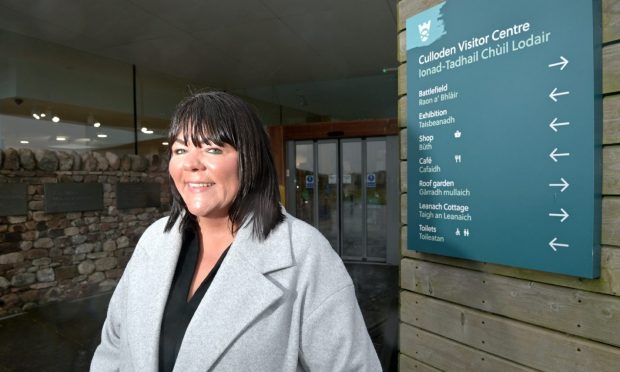Scottish households are facing a £31 billion savings shortfall despite the stay-at-home boost caused by Covid-19 restrictions, a new report says.
This is the extra amount Scots believe they would need to withstand a financial shock, which equates to an average shortfall of £6,938 per head, according to Yorkshire Building Society (YBS).
Its report, The Nation’s Nest Egg, is based on data from the Centre for Economics and Business Research (Cebr).
‘Significant” regional disparities
When looking at the whole UK, the total savings shortfall is £371bn.
The report analyses how the pandemic has changed attitudes towards saving and spending, revealing significant regional disparities in financial security and savings across the UK.
It says the crisis has prompted more than one-third (37%) of Scots to reassess their attitude toward savings.
Nearly one-third (32%) of those questioned north of the border said greater financial security would make them feel less anxious or depressed.
Edinburgh and Aberdeen first and fourth respectively in city resilience rankings
UK adults require a nest egg of £17,465 to feel financially secure, with the average saver needing an additional £7,220 to reach this goal, the report says.
Despite the turmoil of the pandemic, Scotland’s overall financial resilience has improved, increasing from 55 out of 100 in 2019 to 56 last year, it adds.
Edinburgh is ranked the most financially resilient city in the UK during 2020, with Aberdeen in fourth spot, while Scotland takes second place as the most resilient region.
The east of England is the UK’s most financially resilient region and the West Midlands the least, the report says.
Commenting on the findings, YBS strategic economist Nitesh Patel said: “The country has been battling the impacts of the pandemic for the past 18 months, and we can now paint a comprehensive picture of how the crisis has impacted the nation’s financial resilience.
“We know people’s opportunities to spend have been curtailed, whilst many who have been working remotely have found a reduction in their outgoings.
“This has resulted in additional savings of £190bn over the past 16 months.
“However, whilst the overall household savings rate in Scotland may have increased from 4% in 2019 to 10% in 2020, there are still pockets of society who have been more significantly impacted than others and, therefore, are more likely to be in need of financial support and education on how to improve their financial situation.”
Mr Patel added: “Considering that some of the longest Covid-related restrictions were in Scotland, its performance is remarkable, and is likely fuelled by people being unable to spend more as a result.
“Additionally, Scotland ranked top for financial health and sixth-highest for shock resilience, perhaps partly a result of having better housing affordability than anywhere else in the UK.”
The UK’s overall financial resilience has also improved, increasing from 44 out of 100 in 2019 to 55 out of 100 in 2020, the report says.
‘Key pillars’
YBS and research partner Cebr have based their financial resilience scores on assessments across four “key pillars”,
These were “shock resilience”, the probability of income shock, financial health and the ability to plan for difficulty.
To increase their financial resilience, most people in Scotland would like more money in cash savings (37%), followed by owning a property (23%) or reducing their debt (22%), the report says.
Young Scots remain positive about finances despite pandemic
Low earners miss out on £122m in employer pension contributions

